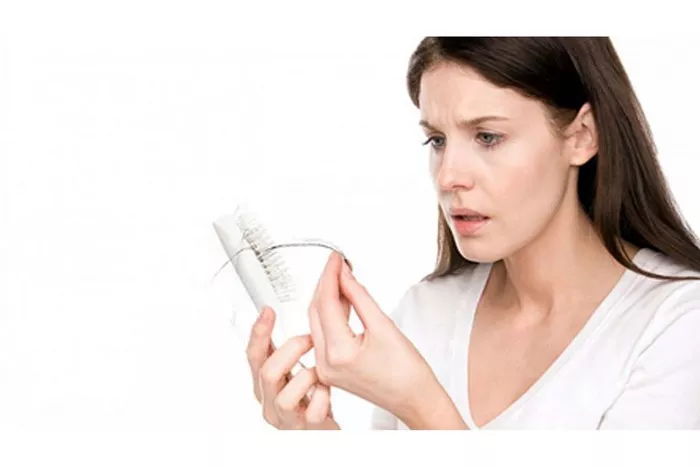Hair loss can be a distressing experience, impacting both physical appearance and emotional well-being. When hair loss is linked to underlying health conditions like liver disease, the concern deepens. In this article, we will delve into the connection between hair loss and liver disease, addressing the question on everyone’s mind: Can hair loss from liver disease be reversed? By exploring the relationship and available treatment options, we aim to provide you with a comprehensive understanding of this complex issue.
The Liver-Hair Loss Link
The connection between the liver and hair loss is intricate and often related to underlying health conditions. The liver plays a crucial role in processing nutrients, detoxifying the body, and maintaining hormonal balance. When the liver is compromised, it can impact overall health, including hair growth. Conditions like fatty liver disease, hepatitis, or liver cirrhosis can lead to nutrient deficiencies, hormonal imbalances, and inflammation, all of which might contribute to hair thinning or loss. Additionally, liver health influences digestion and nutrient absorption, impacting hair follicle nourishment. If experiencing hair loss, consulting a medical professional to assess liver function and overall health is advised.
Types of Hair Loss Associated with Liver Disease
Understanding the types of hair loss associated with liver disease is vital in determining potential reversibility:
1. Telogen Effluvium:
This form of hair loss occurs when stressors, including liver disease, push a large number of hair follicles into the resting phase simultaneously. Once the underlying cause is managed, hair growth may resume.
2. Alopecia Areata:
Autoimmune responses triggered by liver issues can lead to alopecia areata, characterized by sudden hair loss in small, round patches. Treatment for the liver condition and autoimmune response management may aid hair regrowth.
Treatment and Reversibility
The prospect of reversing hair loss due to liver disease depends on multiple factors, including the severity of the disease, the type of hair loss, and the effectiveness of treatment:
1. Treating the Underlying Condition:
Addressing the liver disease through medical interventions, lifestyle changes, and dietary adjustments is fundamental. As the liver’s health improves, hair growth may potentially follow suit.
2. Hair Growth Stimulation:
Some hair growth treatments, such as minoxidil, can be used to stimulate hair follicles and promote regrowth. However, results may vary and are influenced by individual response.
3. Patience and Realistic Expectations:
Hair regrowth is a gradual process that requires patience. Even with successful treatment of the underlying liver issue, it may take time for visible results to manifest.
Seeking Professional Guidance
Navigating the complexities of liver disease and its impact on hair loss requires professional expertise:
1. Medical Evaluation:
If you’re experiencing hair loss and suspect a liver-related cause, consult a healthcare provider. They can assess your health, run necessary tests, and provide tailored guidance.
2. Collaborative Approach:
Medical professionals, including hepatologists and dermatologists, can work together to create a comprehensive treatment plan that addresses both the liver condition and hair loss.
See Also: Can Hair Loss Be a Sign of Cancer: The Definitive Guide
Conclusion:
While the relationship between liver disease and hair loss is intricate, the potential for hair regrowth after managing the underlying condition is real. By prioritizing liver health through medical intervention, lifestyle adjustments, and proper nutrition, you can improve the chances of regaining healthy hair. Remember that hair regrowth takes time and requires patience, but with the guidance of healthcare professionals, you can take steps towards restoring your hair’s vitality and your overall well-being.
Maintaining open communication with your healthcare team and addressing your liver health can serve as a foundation for the possibility of reversing hair loss and embracing renewed confidence.


